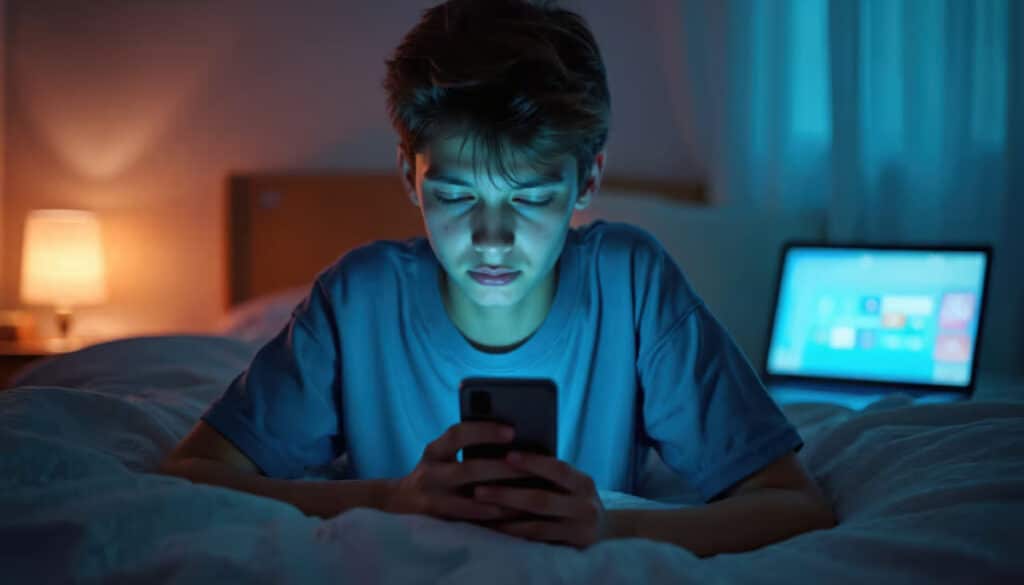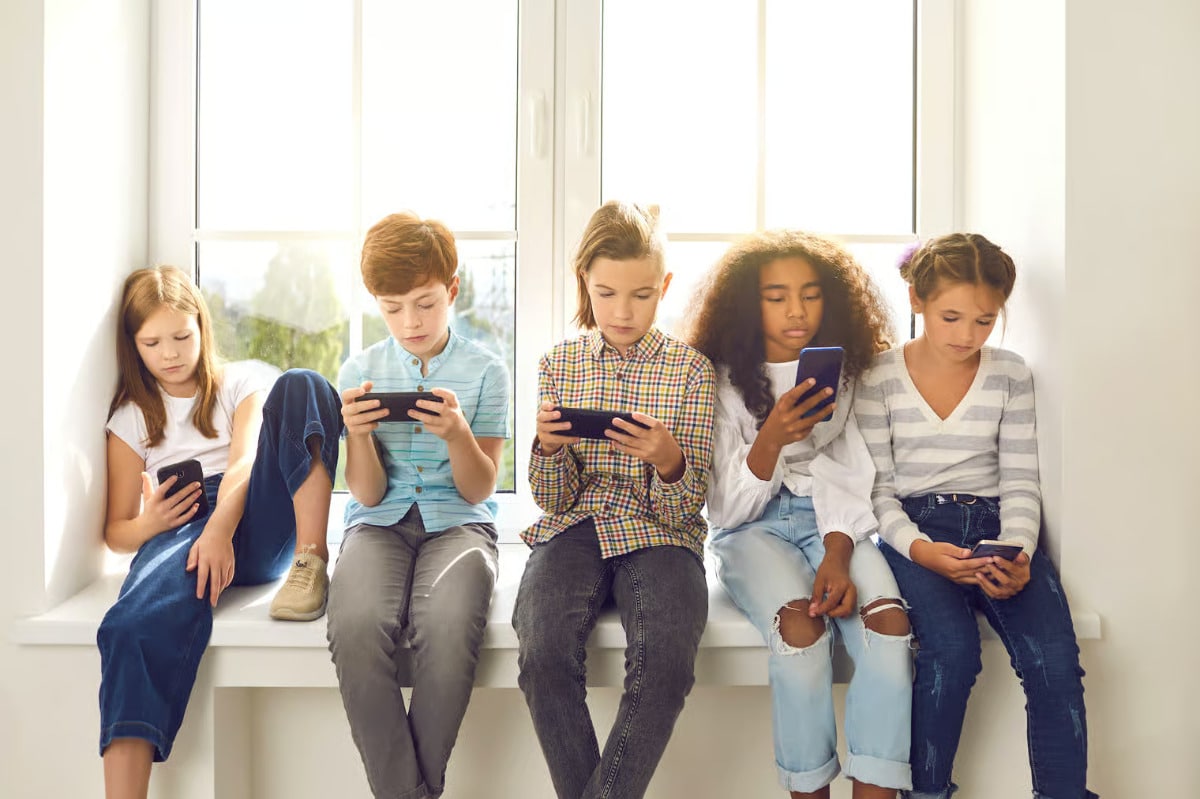Handing a child their first phone might seem like a harmless rite of passage, but a landmark international study has uncovered some troubling fallout. Early entrants to the digital world are faring far worse in young adulthood than their later-connected peers.
A Link Between Early Device Use and Lasting Mental Distress
Drawing on more than 100,000 responses from 175 countries, the Global Mind Project paints a stark picture: kids who tap their first screen before 13 score much lower on measures of mental health once they hit college age. They report frequent sleep issues, bouts of aggression, and a pervasive sense of detachment from their surroundings. Lead author Dr Tara Thiagarajan warns that early access to endless feeds and notifications—fuelled by AI algorithms—is reshaping young minds in ways we’re only beginning to understand.

According to the study, nearly half of young women aged 18 to 24 who received their first smartphone at age 5 or 6 report very strong suicidal thoughts, compared to only 28% of those who received their phone at age 13. This data highlights the major risks of too early exposure to screens on the mental health of adolescents. © miss irine, Adobe Stock
Why Delaying That First Phone Matters
According to the researchers, about 40% of the decline in wellbeing stems directly from early exposure to social media. Add in sleep disruption, fractured family ties, and the spectre of cyberbullying, and the recipe for trouble is complete. Girls, especially, see steep drops in self-worth and resilience, while boys often exhibit heightened irritability and difficulty concentrating.
Moving from Awareness to Action
The study doesn’t just ring alarm bells—it offers a roadmap. Experts recommend teaching digital savvy as early as elementary school, enforcing strict age gates on popular platforms, and blocking the most toxic apps for under-thirteens. Above all, they urge parents and policymakers to hold off on that first smartphone until at least 13.
With anxiety and depression rising among under-25s, pushing back the digital debut could be one of our strongest defences yet. After all, protecting young minds today means a healthier generation tomorrow.

Christelle Cherrier
Web editor
Passionate about words and driven by curiosity, I traded my career as a market research analyst for the sharpened pen of a web writer. For five years, I’ve specialized in health and wellness, delivering clear and insightful content. I’m endlessly fascinated by everything human—from the workings of the body to the mysteries of the mind. My goal? Making complex topics accessible, informative, and engaging—no prescription required!

